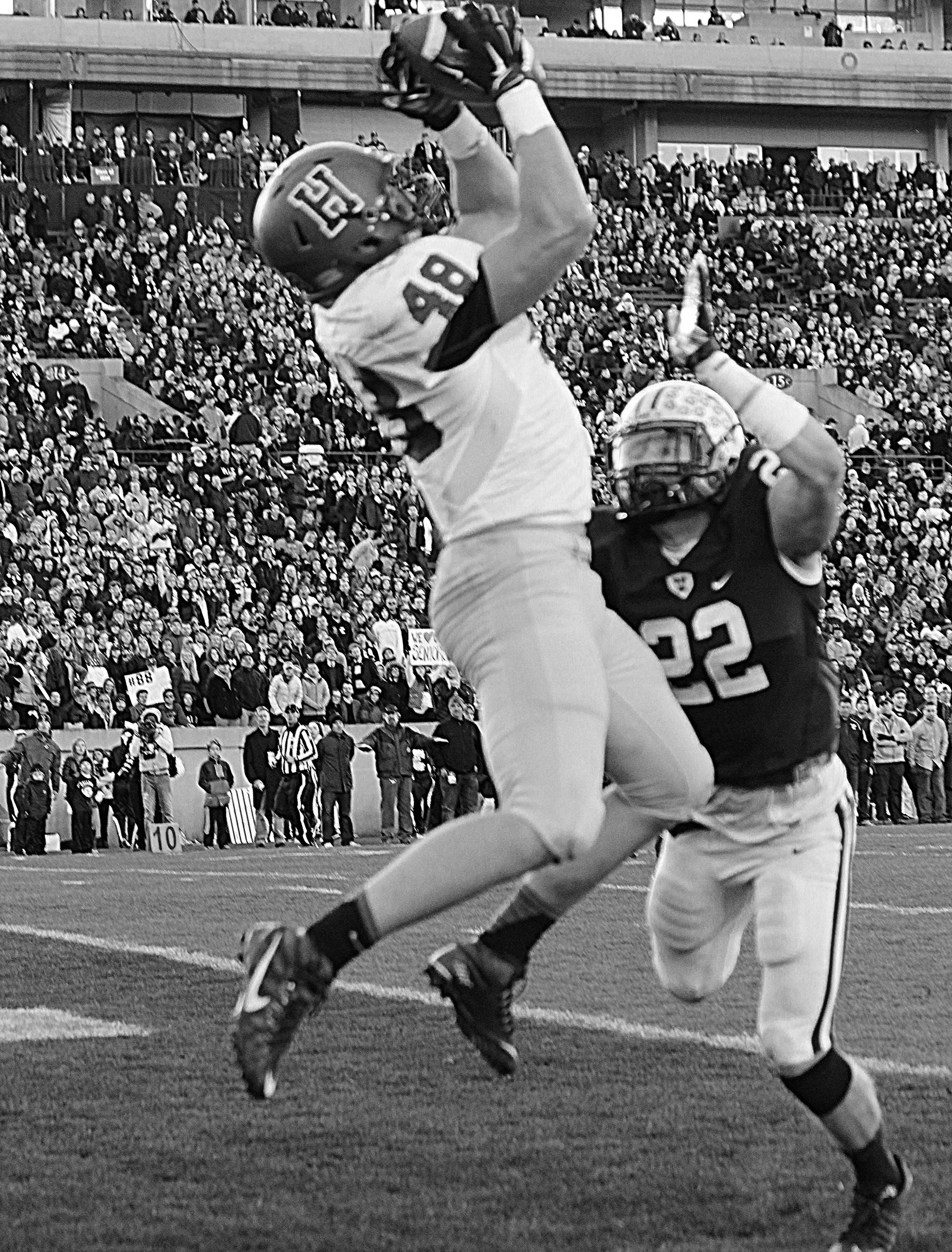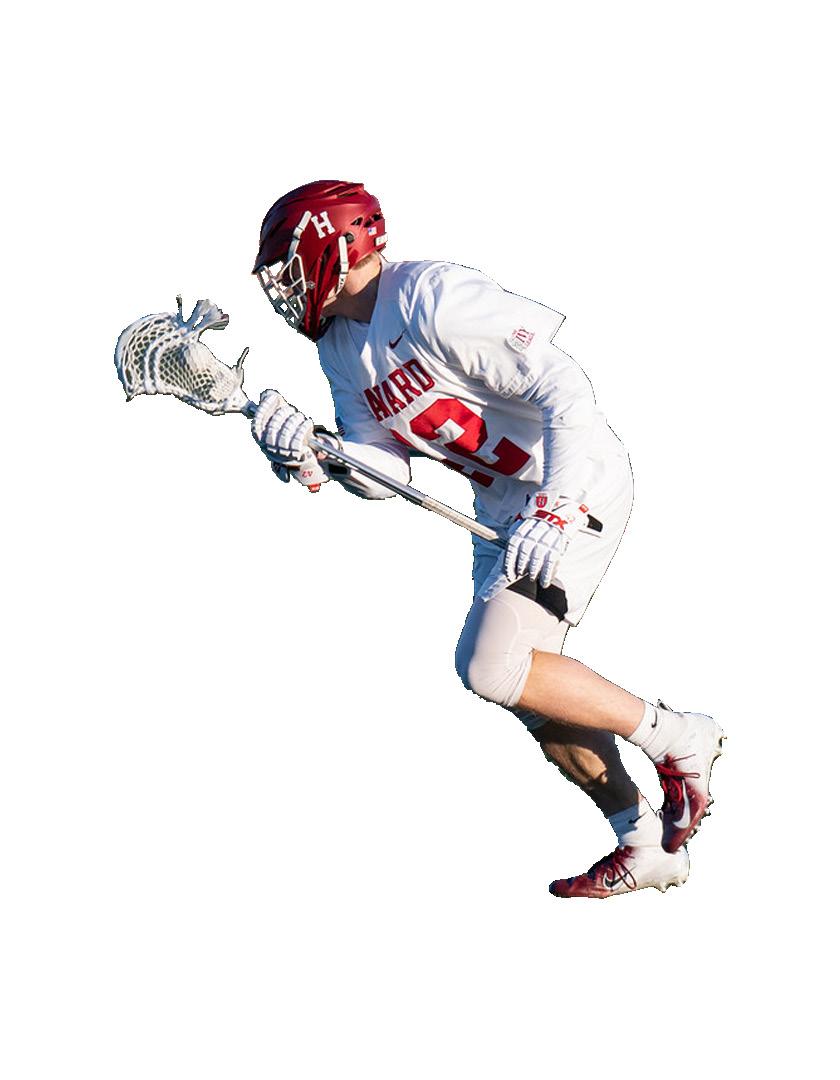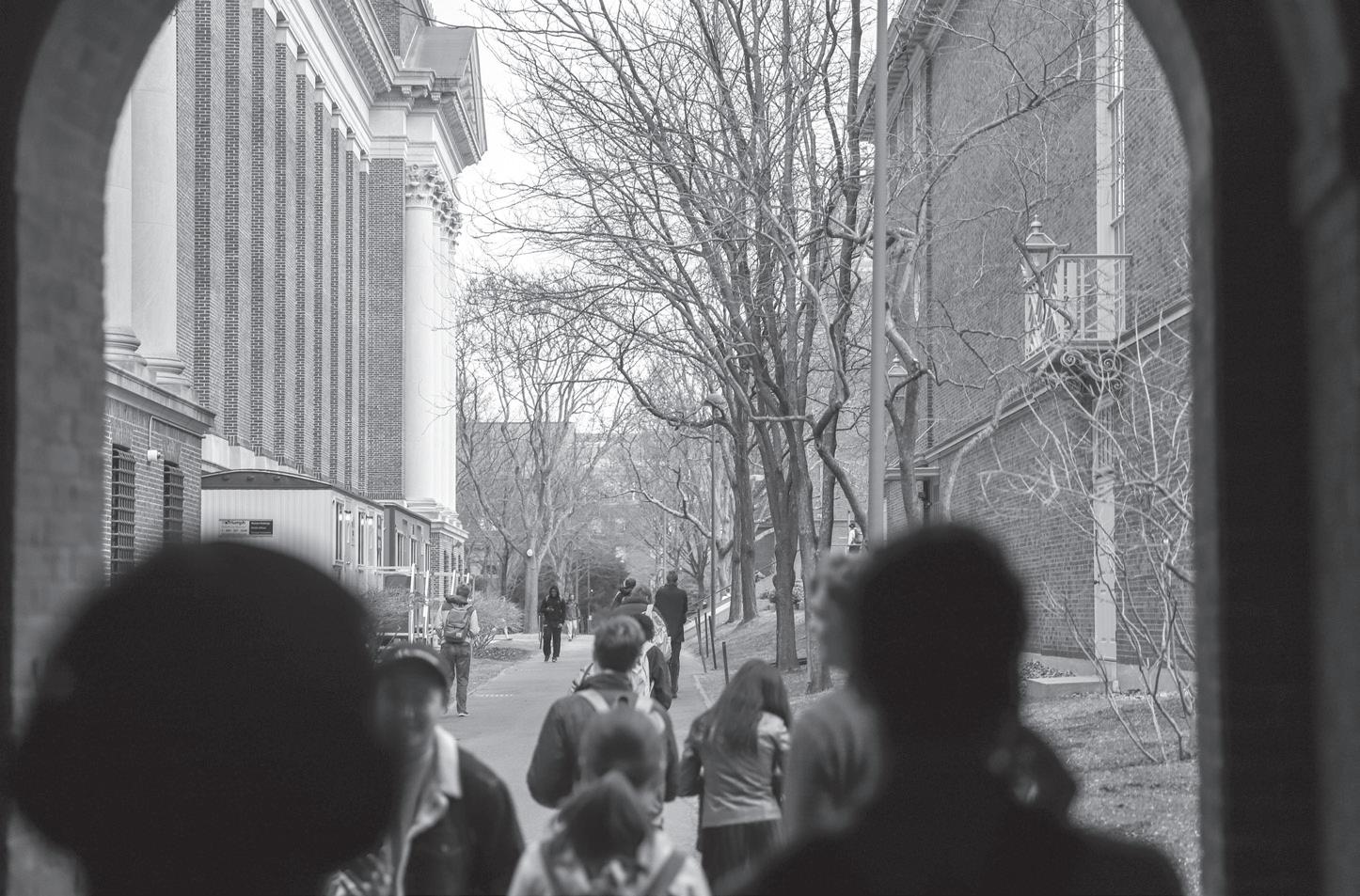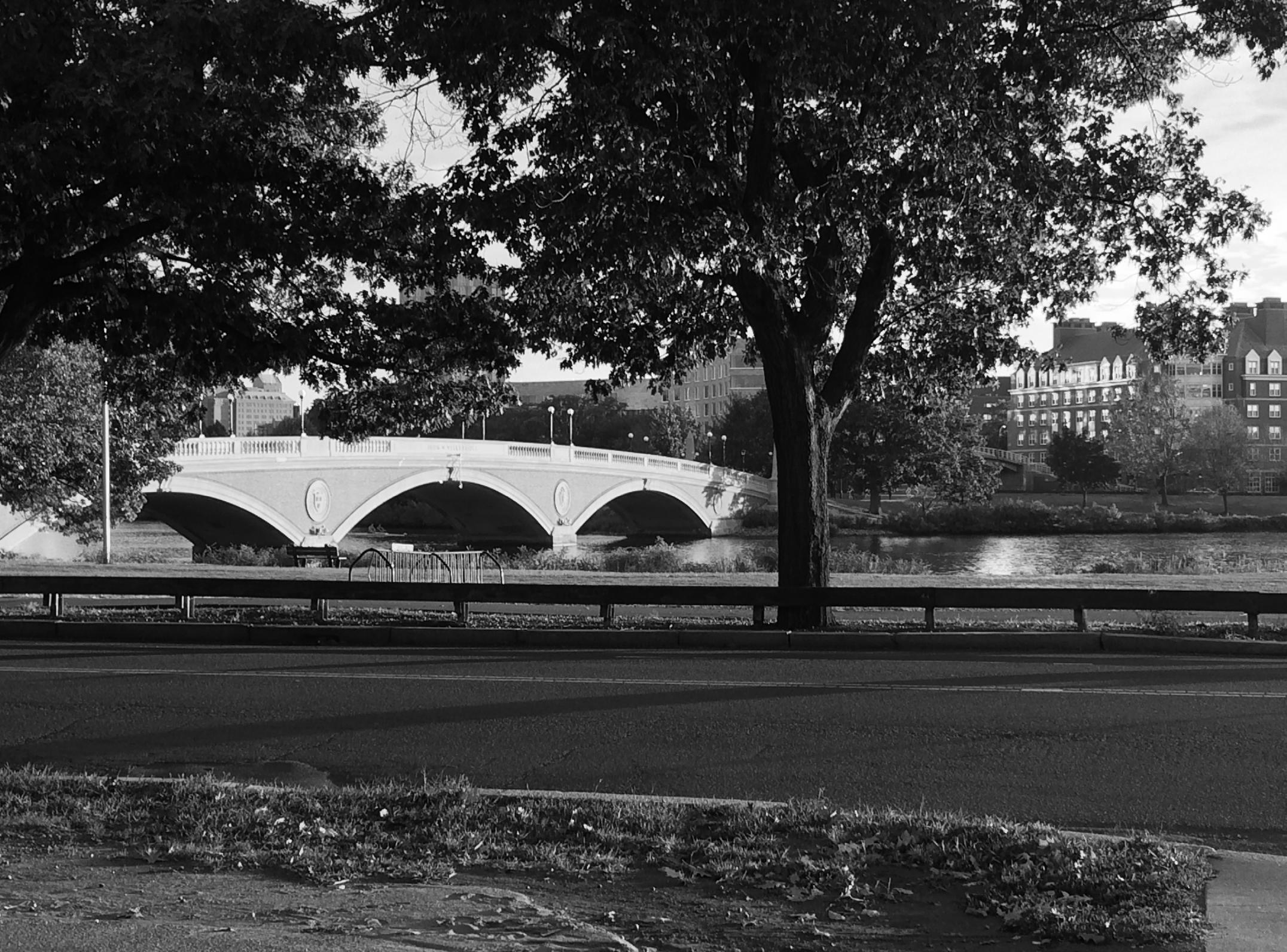
26 minute read
News
Seniors Party, Lament Move-Out
By EMA R. SCHUMER CRIMSON STAFF WRITER
Harvard College seniors spent time with friends in dining halls and at outdoor parties in the balmy weather Tuesday while they processed the University’s decision to send students home amid concerns over coronavirus.
In interviews, 12 members of the Class of 2020 grappled with the announcement, which could mark a premature coda to their time at Harvard. These seniors described emotions ranging from denial to nostalgia to confusion.
Nicole M. Daurio ’20 was still processing the news alongside friends in the Kirkland House dining hall hours after the announcement went out. Daurio said she felt “numb.”
“I don’t really know how I feel,” Daurio said. “You’ve just been told that your college career is over, you’re being kicked out of your House of three years, you’re having to say bye to your friends.”
She also lamented the uncertainty around plans for this year’s commencement ceremonies.
“Are we going to all Zoom into our commencement?” she asked, referencing the online teleconference platform Harvard plans to use for virtual classes.
Daurio said that, if commencement exercises do take place, she will not be able to afford flying back to campus from her home in California.
University President Lawrence S. Bacow announced the decision to move all Harvard courses online as a result of the global spread of coronavirus in In response to the University’s announcement, seniors in Winthrop House commemorate the unprecedented ending to their Harvard experience with alcohol. RYAN N. GAJARAWALA—CRIMSON PHOTOGRAPHER
an email to University affiliates Tuesday morning.
He also wrote that students should not return to Cambridge after spring break, which starts Saturday.
Other members of the Class of 2020 said they were scrambling to create a capstone experience before moving out of their dorms. Many chose to spend the day partying.
Devin C. Judd ’20 was carrying a box of Corona hard seltzers from the C’est Bon liquor store in Harvard Square to the Owl Club late Tuesday morning. He said he planned to spend his last days on campus “packing and drinking.”
“Senior spring’s supposed to be the best and we have to fit it in two days, three days,” he said.
C’est Bon manager Tony R. Daher said his business experienced greater traffic Tuesday morning as undergraduates stocked up on alcohol.
He said students entered his store beginning around 10 a.m., though on most other days he “never saw students in the morning.”
In the Kirkland courtyard, roughly ten seniors sat in chairs playing beer darts and listening to the country hit “Chicken Fried” by Zac Brown Band.
Oliver L. Sughrue ’20 said he understood Harvard’s decision to move classes online, but felt disappointed that he and his friends only had a few days to leave campus. In the courtyard, he said they were “taking a personal day.”
“We’re a really close-knit group, my blockmates, and it’s hard for us to say goodbye,” Sughrue said. “And this might not be the best way to say goodbye, but it’s the natural reaction.”
Sughrue explained why he and other seniors were celebrating Tuesday.
“We’re trying to get happier so we don’t get too sad because we’re all really sad about saying goodbye,” he said.
ema.schumer@thecrimson.com
Baker Declares State Emergency
By FIONA K. BRENNAN CRIMSON STAFF WRITER
Governor Charlie D. Baker ’79 declared a state of emergency in Massachusetts Tuesday after the number of recorded coronavirus cases in the state doubled overnight.
As of Tuesday evening, there were 973 cases in the United States and 29 deaths. Massachusetts saw 92 cases of coronavirus reported, up from 41 on Monday.
At least 32 recorded cases of coronavirus in the state are connected to people who attended a Biogen conference at a Boston hotel on Feb. 26 and 27, where three employees later tested positive for coronavirus. Massachusetts joined eight states, including New York, California, Rhode Island, and Maryland, in declaring a state of emergency.
Baker said at a news conference that he declared the state of emergency to give his administration more “flexibility” to respond to the outbreak.
“We believe it’s important to start taking more aggressive action now to mitigate spread based on the information we have available,” Baker said.
Baker added in the news conference that officials expect the outbreak to cause disruptions and that immediate steps needed to be taken to combat it. “The efforts to mitigate the spread of this virus will be disruptive. We expect this disruption to continue for the foreseeable future and understand it will cause inconvenience for many,” Baker said. “But our goal needs to be to significantly increase efforts to mitigate the spread of this disease now.”
Boston’s St. Patrick’s Day parade was cancelled on Tuesday, according to Mayor Martin J. Walsh.
The Boston Marathon is still scheduled to take place April 20, though the situation is “fluid.”
Baker’s state of emergency announcement came the same day Harvard administrators
Charlie D. Baker ‘79 Governor of Massachusetts
informed students that they must leave campus by Sunday and that classes after spring break will be held online.
MIT also announced Tuesday that it would move to online classes following spring break and told undergraduate students to not return to campus.
fiona.brennan@thecrimson.com
EXPERTS FROM PAGE 1
Public Health Experts Largely Support University’s Decision
“drastic,” the nature of the institution places it in a “unique situation.”
“People are coming from all over the country — in fact, all over the world — and it’s impossible to gauge the likelihood that every single student was or was not exposed to the coronavirus,” Goldmann said. “As people say all the time now, out of an abundance of caution, this is the step that was taken,” Khurana advised students experiencing difficulties leaving campus on such short notice to contact their resident deans and consult a list of frequently-asked questions. Topics covered by the FAQs range from the continuity of Harvard University Health Services resources, to financial support for travel expenses, to potential disruptions to academic programming.
Marc Lipsitch, the director of the Center for Communicable Disease Dynamics at the School of Public Health, said the decision was ultimately necessary because of the imminence of a coronavirus outbreak and the nature of students’ living situations.
“I think we were some days or weeks away from having a really big problem on our hands, and the only thing we can do to slow it down is to slow down transmission,” Lipsitch said. “Dorms are not quite cruise ships, but they are pretty densely packed, and some of them aren’t very well ventilated.”
“It’s just better to be in places other than dorms,” he added. Goldmann said the transition to virtual learning would almost certainly impact the teaching quality of most classes.
“It’s very unlikely that the quality of teaching for every class will be what it is if they were here in person,” Goldmann said. “Let’s face it, most of the professors and the teaching fellows have never taught at any scale virtually.”
He added that with Harvard’s “international and increasingly diverse” student body, the University must take measures to support students who might “suffer” from the disruption.
“I think Harvard has an enormous responsibility to care for students who are displaced by this,” Goldmann said. “Harvard is going to have to get it together to really look out for all of the students who are going to not just be inconvenienced, but perhaps even suffer as a result of this.”
Khurana acknowledged that students may feel “disappointment” with the news but said further instruction would be provided soon on how students can meet the fast turnaround.
“I do not take lightly the apprehension and disappointment you will experience with this news. In the coming days our faculty and staff will be working diligently to implement plans to best support you during this transition,” Khurana said.
Kenneth McIntosh ’58, a pediatrics professor at Harvard Medical School, said that while the decision to send students off campus was not guaranteed to curb the spread of coronavirus, it was still a smart move.
“I’m sure that the effort is to try to avoid that and minimize the epidemic. Whether it will be successful or not is not entirely clear, but I think that it’s better to do something that makes epidemiologic sense at this point than to wait,” McIntosh said.
fiona.brennan@thecrimson.com
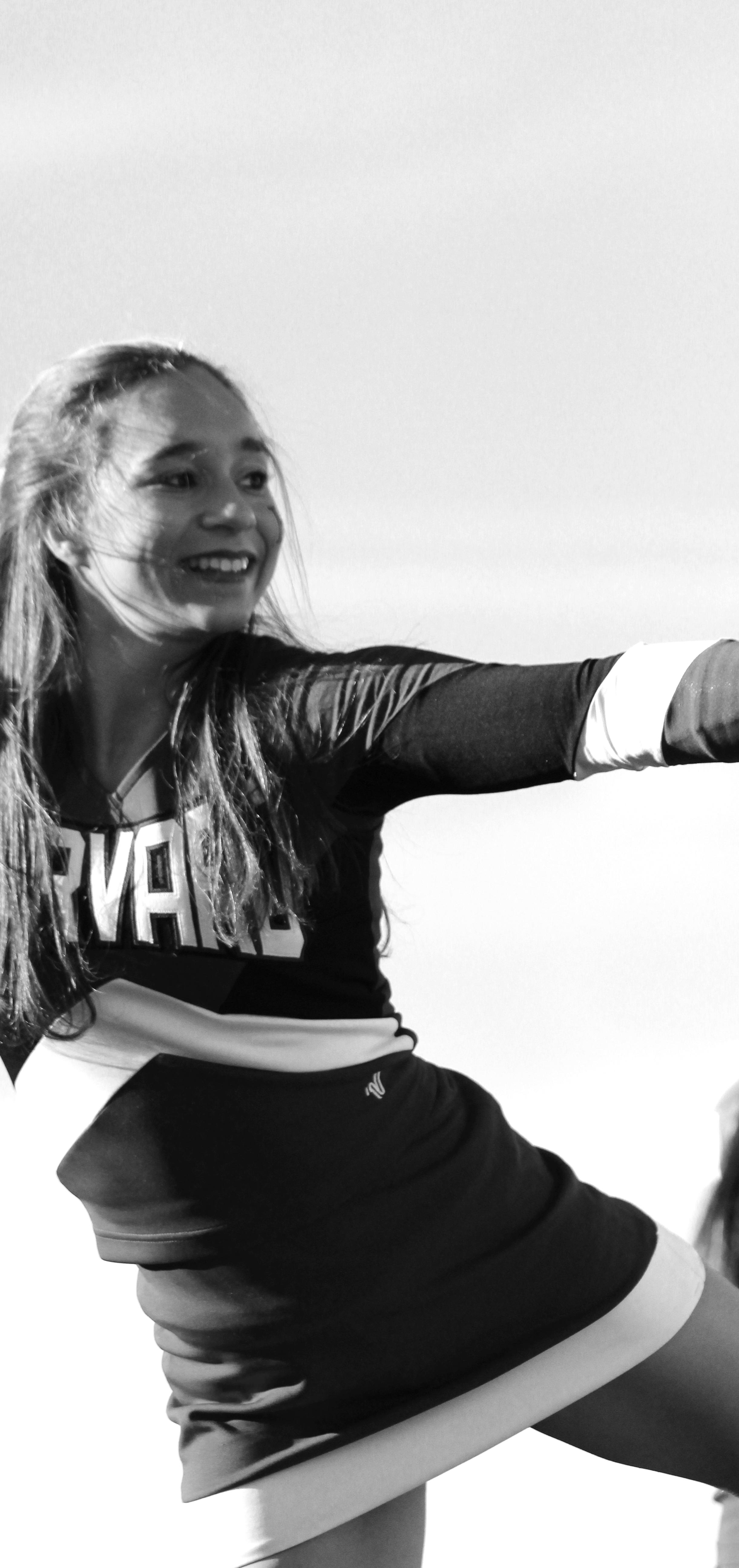
The latest on student life.
Reporting on Harvard University since 1873.
The Crimson thecrimson.com
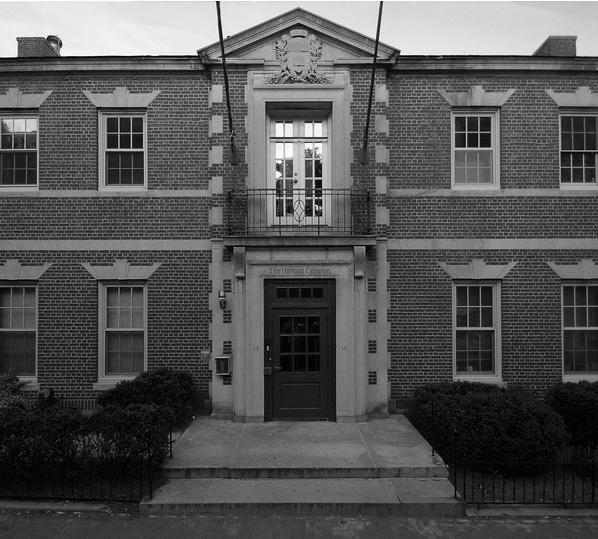
The Crimson @crimsonflyby
Unions Respond to Univ. Closures
By DAVIT ANTONYAN CRIMSON STAFF WRITER
Three of Harvard’s labor unions are forming contingency plans and cancelling events after Harvard announced Tuesday that it would send undergraduates home for the remainder of the semester and hold classes online due to the global coronavirus outbreak. The Harvard Union of Clerical and Technical Workers — the largest union on campus — is working to ensure its members do not lose pay should the University further shutter its operations, according to HUCTW President Carrie Barbash.
Carrie Barbash HUCTW President
“We want to ensure that no members experience any kind of pay loss as a result of choices Harvard is making about staying open or closing, and that everyone has adequate sick time to either care for themselves or their family members,” Barbash said.
The Harvard University Security, Parking, and Museum Guards Union, meanwhile, is preparing for a tumultuous week ahead as students move out from their dorms.
HUSPMGU President Curt E. Rheault said the union would be treating the remaining five days like the end of a traditional school year.
“On the parking side, we’re considered essential personnel, so we’ve been asked to treat this week as the move-out for everybody,” he said.
Rheault added he is concerned the closure could cause “about 60% of our overtime to be gone.”
Harvard’s graduate student union cancelled its scheduled work-in on Thursday and announced it would stop holding mass events following a University-wide email announcing that classes will move online beginning March 23.
The announcement comes amid contentious contract negotiations between the University and Harvard Graduate Students Union-United Automobile Workers.
HGSU-UAW wrote in an email to members that it would remain committed to addressing the needs of its members, even as Harvard prepares to move online.
In the email, the union demanded Harvard ensure that student workers not lose pay amid the closure; provide paid sick leave; address their immigration concerns; cover the costs of coronavirus testing for them; and reimburse their travel expenses.
“We have drafted a list of steps the administration should take to immediately protect the health and well-being of student workers,” the email read.
University spokesperson Jonathan L. Swain said the University is working to address a number of concerns raised in the union’s email related to the threat of coronavirus.
“As President Bacow stated in his message to the community, the decision announced today by the University around virtual instruction is aimed at limiting exposure of members of our community to the coronavirus,” Swain said. “
There are a wide range of concerns the University is working to address in the coming days and weeks related to this decision and the ongoing public health emergency, among those are some that were also raised by HGSU-UAW,” Swain added.
davit.antonyan@thecrimson.com
Sudden Move-Outs Pose Unexpected Issues
reopen after spring break, which stretches from March 14 to 22.
Within hours, the email sent students scrambling to pack up all their belongings and make plans to vacate. But Barton and others say it hit one group of undergraduates particularly hard: first-generation and low-income students, many of whom depend upon Harvard for food, housing, and stability.
“They’ve been evicted from their stability, they’ve been evicted from their homes, they’ve been evicted from their ability to live comfortably and safely,” Barton, who is an FGLI student, said. “There’s already enough concern, and now they’re concerned about being able to get home and have stable housing and food.”
Some students must ship or store their on-campus belongings without financial support from Harvard. Others who planned to stay on campus must now book unexpected flights home and accrue additional costs. And those who rely on term-time employment must confront additional financial concerns as they lose their primary sources of income.
Nicholas T. “Nick” Wyville ’20 called the College’s announcement “outrageous,” adding that he believes it will weigh most heavily on him and his fellow FGLI students.
“Harvard prides itself on having a massive student body that is a large percentage on financial aid,” Wyville said. “I think that they forget that those are the same students who often come from home situations that are uncomfortable.”
The financial burdens of leaving campus this week will disproportionately affect first-generation, low-income students at Harvard who cannot foot these abrupt costs, according to Primus, a group for FGLI students at the College.
“While many students can handle unexpected costs, this sudden change in housing highlights the large disparity within our student population concerning students’ access to disposable wealth and the resources necessary to evacuate and move off-campus,” the group wrote in a statement emailed to its members.
First-generation students constitute 15 percent of Harvard’s undergraduate population; more than 20 percent of students are on full financial aid at the College, according to Primus’s statement.
James A. Bedford ’20 — who is on full financial aid — said he usually holds several jobs at Harvard simultaneously in order to support himself, working roughly 15 to 20 hours a week. His roles have included serving as a Peer Advising Fellow, a Learning Lab Fellow at the the Derek Bok Center for Teaching and Learning, and an instructor for SCRB 78: “Science Communication,” among others.
“I haven’t even been able to think about the realities of the lost income and the money that I won’t be able to make,” he said. University President Lawrence S. Bacow announced in an email Tuesday morning that all Harvard courses will move to online instruction beginning March 23.
However, Wyville — who hails from Anniston, Ala. — said online courses are not feasible for him and some of his peers from rural or low-income areas, where many homes do not have internet access.
“It’s not as if we can just like up and go to the library or the coffee shop every day,” he said. “The only equalizer at Harvard is the fact that we all live together and have the same accommodation. We live together, we eat the same food, we have the same faculty resources,” Wyville added. “But if you take away campus living and residential life then you take away that equalizer.”
While Eric Olvera ’23 expected Harvard would transition to online classes as a result of the coronavirus, he said he was shocked when he learned he had just five days to leave Cambridge. Olvera had planned a series of flights between Hawaii, Boston, and his home in Idaho based on the regular academic calendar. He then planned to return to Boston for the summer.
“All of these flights total up to about $700. That’s like half my net worth,” Olvera said.
Olvera said he was unsure whether he could get refunds from the airlines or receive financial assistance from Harvard to cover sunk costs.
Similarly, some students have been forced to make substantial efforts to afford last-minute flights home.
“I just paid an entire paycheck to get a plane ticket home on the shortest notice possible,” Barton said.
Faced with financial, logistical, and personal challenges Tuesday, students and University affiliates have attempted to cobble together makeshift solutions.
In wake of the announcement, many students offered their homes to peers who require housing via a Google spreadsheet that connects undergraduates seeking housing with those who can provide it. As of Tuesday night, over 80 students signed up on the spreadsheet, including information about the number of beds they have available.
Others have called on Harvard administrators to offer students greater support. Barton, Olvera, and several other students penned an open letter to the administration Tuesday on behalf of a new student group, Harvard Undergraduates for Decent and Urgent Accommodations.
The letter condemns administrators for demanding students make sudden travel plans that “exhaust” their resources and put unexpected financial pressure on their families, as well as process “tremendously expensive” shipping fees.
“The nature of financial struggle is one of inaccess,” the letter reads. “Being asked to fully move out and ship our rooms away with no system of subsidies and on-campus, accessible storage makes this issue undeniable.”
“These are costs that Harvard cannot mediate, and in such, a timely notice with comprehensive subsidies was necessary,” the letter further stated.
Primus’s leaders wrote that they are focused on continuing to communicate with affected students and working with administrators and alumni to connect students with additional resources.
In its open letter, HUDUA demanded that Harvard open its petitioning process to remain on campus to economically disadvantaged students. They further asked that Harvard increase subsidies towards, as well as the availability of, urgent, on-campus storage facilities before the evacuation deadline. The College is currently not offering any on-campus storage to students.=
The letter has more than 100 student signatories as of Tuesday evening, according to Barton.
College spokesperson Rachael Dane wrote in a statement that, per Khurana’s email to students, Harvard’s commitment to the health of its affiliates and its responsibilities to the “larger community” guided the decision.
“Public health experts have advised us that the best way to delay the virus transmission and to contain any breakout is to decrease the number of people on our campus, and as a result, the decision was made in a timely manner and communicated as soon as it could be,” Dane wrote.
In his email, Khurana wrote the College understands students will face challenges and that faculty and staff will implement plans to support students during the transition.
“I do not take lightly the apprehension and disappointment you will experience with this news,” he wrote. “As you deal with the uncertainty of these unexpected challenges, I hope you will be gentle and respectful with others and with yourselves so that we can meet these challenges in ways that will reflect the College at its best.”
juliet.isselbacher@thecrimson.com amanda.su@thecrimson.com
Harvard, from the Law School to Longwood.
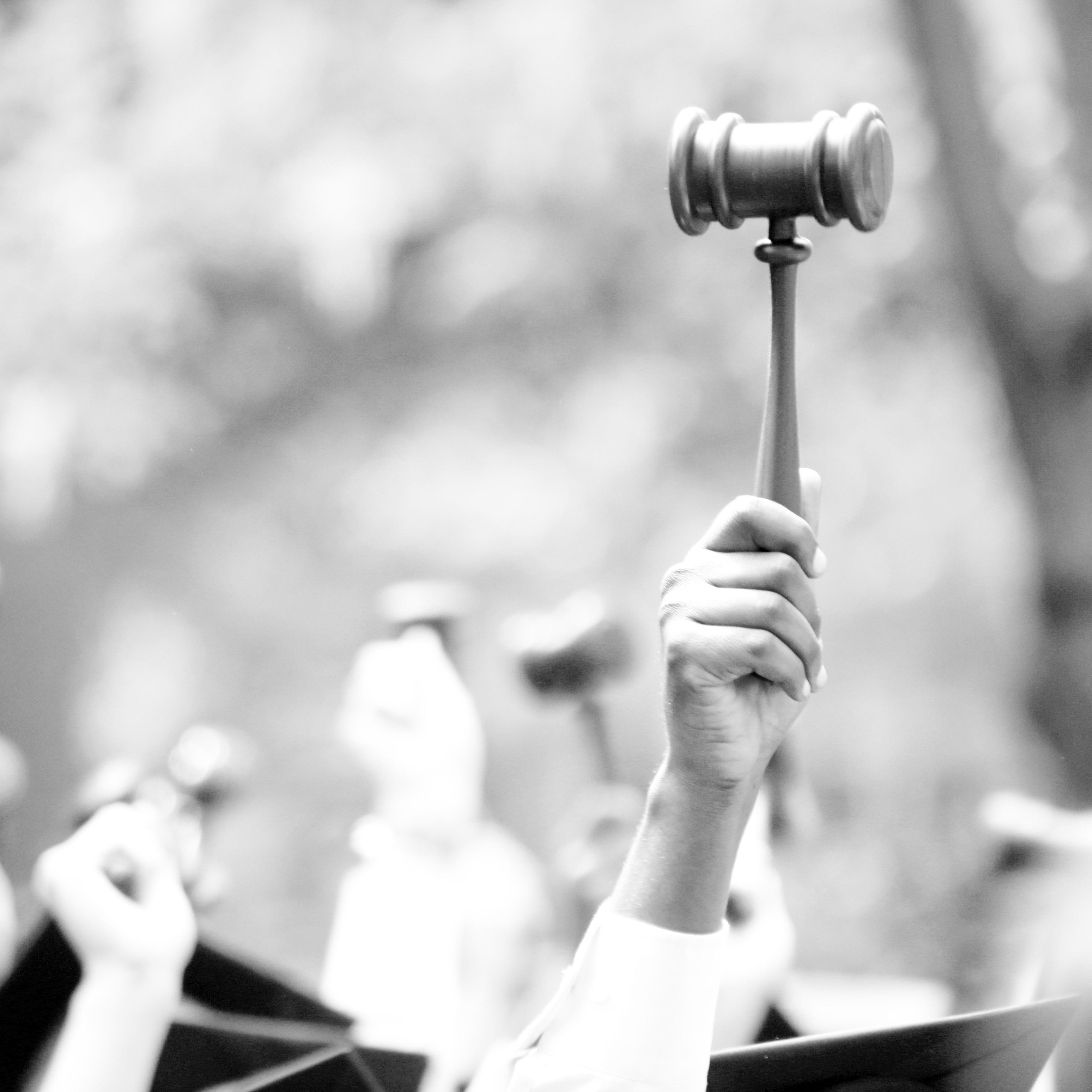
The Crimson thecrimson.com
Harvard Schools Outline Their Contingency Plans SCHOOLS FROM PAGE 1
after spring break whenever possible, came just days after Registrar of the Faculty of Arts and Sciences Michael P. Burke announced stricter travel restrictions related to coronavirus. Many of the announcements — which contained directions for graduate and undergraduate students, faculty, and staff — addressed issues pertaining to transitions to virtual classes, restrictions on public events, and continuity of research and academic activities, among other issues.
Harvard Business School Dean Nitin Nohria and Executive Dean for Administration Angela Q. Crispi wrote in a Business School-wide announcement that Harvard’s sudden transition to online classes is “a shift with few parallels in our history.”
“The last time we had to pivot our operations so significantly was in the 1940s, against the backdrop of World War II, when the School’s campus (and that of the University) was turned over to military training,” they wrote in the email.
Harvard School of Public Health Dean Michelle A. Williams wrote in an email to School of Public Health affiliates that the novel coronavirus could pose one of the “biggest public health challenges we face in our lifetimes.”
Top schools administrators — including those from the Faculty of Arts and Sciences, Harvard College, Harvard Graduate School of Arts and Sciences, Harvard School Of Engineering And Applied Sciences, Harvard Law School, Harvard Medical School, Harvard Graduate School of Design, Harvard Extension School, Harvard School of Dental Medicine, and the Radcliffe Institute — sent similar announcements on their respective schools’ response.
The Graduate School of Education did not respond to requests for comment on whether administrators sent similar messages to its affiliates.
While Bacow’s message encouraged the general student population to remain home after spring break, Harvard Medical School administrators wrote in an email to Medical School affiliates that the school plans to “proceed with clinical activities” and that its students should “plan to return to campus following their breaks.”
“Given that portions of the HMS learning environment are largely hands-on and that medical students need to complete rotations and patient exams to meet graduation requirements, we plan to proceed with clinical activities and will work with our affiliated hospitals to employ heightened protocols aimed at ensuring the safety of students, patients, staff and faculty,” Medical School Dean George Q. Daley ’82 and Executive Dean for Administration Lisa M. Muto ’79 wrote.
Daley and Muto added that extra cleaning and precautions would be implemented and the decision could be revisited “should the current situation escalate.”
FAS Dean Claudine Gay wrote in an email to faculty that the school is entering “somewhat uncharted territory.”
“I want to acknowledge that this is a lot to take on,” she wrote. “It can be overwhelming, frustrating, and anxiety-producing to have to shift gears so dramatically in the middle of the semester, and finding a way to be creative in a situation of considerable pressure is difficult to say the least. I want you to know that you have a community of people ready to support you in this, and that includes me.”
Gay added that students will be looking to the faculty for support during transition as they confront “uncertainty, but likely also disappointment to be leaving campus.”
“Your care, compassion, and sense of confidence that we can reach solutions to the challenges intrinsic in this transition are perhaps the most powerful tools we have in this moment,” Gay wrote. “Give yourself a moment to prepare how you will lead in your research group, class, program, and department.”
“There is still a lot we do not know, and we will not get everything right as we work quickly to shift operations,” she added. Gay also noted in her email that faculty could postpone midterms, and that future FAS Faculty Council and Faculty Meetings would be held virtually.
Dean of the Graduate School of Arts and Sciences Emma Dench wrote that her school is working to develop “guidelines for lab research.”
Dench also noted that graduate students who live in undergraduate housing as proctors or tutors would not be required to move.
Divinity School Dean of Faculty David N. Hempton wrote in an emailed announcement to faculty that the campus would not close its campus despite classes moving online.
“The HDS campus is open to students, faculty, and staff, including the library,” Hempton wrote. “I ask that when you are on campus you practice appropriate social distancing with a minimum distance of 6 feet and maintain procedures to prevent the spread of this respiratory disease.”
Dean of the Graduate School of Design Sarah M. Whiting wrote in an email to Design School affiliates that courses in her school would have to transition away from dependence on model fabrication.
Whiting wrote that Design School buildings would be locked to everyone but essential staff and students who complete a petition process — a policy which differs from other schools, where buildings will remain open.
“Transitioning an institution the size of the GSD—especially one whose curriculum is structured around collaboration, meetings, 1:1 instruction, and physical fabrication—is no small task,” Whiting wrote.
james.bikales@thecrimson.com michelle.kurilla@thecrimson.com ruoqi.zhang@thecrimson.com
Faculty Prep for Transition to Online-Only Teaching FACULTY FROM PAGE 1
Faculty of Arts and Sciences Claudine Gay told FAS members at their monthly Faculty Meeting to prepare for the possibility of delivering lectures via Zoom, a video communication platform. The University has added Zoom to course websites and is offering training on the platform to course instructors.
Molecular and Cellular Biology professor Hopi E. Hoekstra, one of the head instructors for Life Sciences 1B: “An Integrated Introduction to the Life Sciences: Genetics, Genomics, and Evolution,” said the course will hold lectures and sections online.
For the lab component of the course, teaching fellows and preceptors will record videos of them performing the labs themselves; they will then provide their collected data to students, and students will analyze and interpret them as an assignment.
“Of course, we would love it if students had hands-on experience, but I think that the second best option is being able to watch somebody do those steps,” Hoekstra said. “This was a sort of happy medium between, you know, having the students actually do the lab, versus just explaining the lab in words or getting a written assignment.”
The transition to remote learning poses particular challenges for departments which rely heavily on in-person experiences, such as labs and studio time. The Department of Art, Film, and Visual Studies and the School of Engineering and Applied Sciences are particularly affected.
AFVS Director of Undergraduate Studies Matthew Saunders ’97 said his department is working to distribute kits of art supplies — from painting supplies for the class Saunders teaches, Gen Ed 1114: “Painting’s Doubt: A Studio Course,” to tablets for animation classes — to allow students to continue making work remotely. The department may also ship kits to students who are unable to pick them up this week.
Saunders said sections in his Gen Ed course would likely continue over Zoom, with students potentially uploading photos of intermediate drafts of artwork.
Saunders said one issue that has repeatedly arisen in internal planning discussions is the issue of time zone differences for international students participating over Zoom.
“We’re just gathering information of how many students are in that boat, and we’ll make accommodations accordingly,” Saunders said.
Certain film classes within AFVS, however, may not be able to continue as usual with students away from campus — particularly those which rely on films available through the Harvard Film Archive, according to AFVS lecturer Katherine S. Rennebohm.
Rennebohm said that while roughly four-fifths of the films used in her course AFVS 70: “The Art of Film” are accessible digitally, they may not be available in a format that students can view on their personal computers.
“Realistically, it will be very challenging,” Rennebohm said. “I designed the class that way specifically to give students access to the kind of material that we really can only access here and it’s kind of an incredible resource.”
Likewise, many SEAS courses rely on in-person labs and hands-on projects as a major part of their pedagogy.
Physics professor Eric Mazur said that while his course Applied Physics 50B: “Physics as a Foundation for Science and Engineering, Part II” does not have lectures, he will have to rely on a number of digital platforms in addition to Zoom to continue group work and projects.
Mazur said he was very disappointed that students would not be able to work together on projects in person. For example, students in the course are currently in the middle of building a safe.
“Deep down, learning is a social experience,” Mazur said. “It’s not something you can push entirely online.”
For upcoming projects, Mazur will give materials to at least two people on each team so the team can build together virtually, though students living in different time zones may pose a difficulty.
“Overcoming the time zone difference for activities that need to be synchronous is one thing that I haven’t completely figured out yet,” Mazur said.
Physics preceptor David E. Abrams wrote that the lab component of his course Engineering Sciences 54: “Electronics for Engineers” would also be difficult to continue online.
“My guess is we will have to transition to paper designs rather than the current handson experience,” Abrams wrote. “I think this is unfortunate for the students since building circuits and using lab equipment is not only fun, but also a valuable learning experience.”
“I have no doubt we will persevere, but I am saddened by the students’ loss,” Abrams wrote. In addition to preparations being made in the classroom, Harvard University Information Technology spokesperson Tim Bailey wrote in an emailed statement that HUIT staff have been working “around the clock” to prepare to support remote learning.
“We are working closely with key vendors, including Zoom, to ensure continuity and stability of services throughout this period of exceptionally high demand from the Harvard community,” Bailey wrote. “We are closely monitoring our network infrastructure and are prepared to quickly expand capacity of our support services to meet increased demand.”
—Staff writer Kevin R. Chen contributed reporting.
james.bikales@thecrimson.com
Archaeologist Talks History of the Pacific
By HANNAH J. MARTINEZ and JING-JING SHEN CONTRIBUTING WRITERS
Archaeologist Matthew Spriggs spoke about the often-overlooked contributions of indigenous people and women in archaeology in the Pacific during a talk at the Harvard Museum of Natural History Tuesday evening.
In Tuesday evening’s lecture — which was livestreamed due to ongoing concerns regarding the spread of the novel coronavirus — Spriggs, who is an archaeology professor at the Australian National University, presented an overview of his project, which is five years in the making.
The project, which is titled “The Collective Biography of Archaeology in the Pacific,” focused on influential findings in early settlements in the Pacific and the history and methodology of archaeology in that region.
“Investigations like [the CBAP project] are really critical in these sensitive times,” Spriggs said at the beginning of his talk.
Spriggs began the CBAP project five years ago as an Australian Research Council Laureate Fellow.
His research had nine objectives. Those goals included creating a subfield of the history of archaeology in the Pacific, recovering information about pre-World War II excavations in the Pacific, and investigating the extent to which “descendant communities” and female scholars aided in the fieldwork. During the lecture, Spriggs focused on archaeologist Edward W. Gifford’s efforts to study Fiji.
Spriggs emphasized the role indigenous people played in Gifford’s work.
“His entire expedition [had] been directed by native Fijians and he had no idea that this was the case,” Spriggs said.
Also during Tuesday’s lecture, Spriggs chose to highlight the lack of female representation in the field of archaeology. As a result, Spriggs cited the absence of Gifford’s wife, Delila S. Gifford, from his publications. Gifford did not acknowledge his wife despite her presence as a principal photographer.
There was “virtually no mention of his wife in his notes,
Matthew Spriggs Archaeologist
let alone in his publication,” Spriggs said.
On Tuesday evening, Spriggs also chronicled the history of the prehistoric Lapita people.
The Lapita people settled the Pacific approximately 3,000 years ago and ultimately spread throughout Oceania, according to Spriggs.
Lapita pottery is distinguished by its stamped geometric patterns, according to Spriggs.
In 1948, Ratu Rambithi Vuikandavu Longavatu, the grandson of a Fijian chief, and archaeologist Lindsay Verrier discovered the first Fijian Lapita pottery, which they sent to Gifford.
Spriggs told the audience how he met with Rambithi’s children decades later and informed them that their father “found the first Lapita pottery in Fiji.”
“[Rambithi’s son] never knew his father had been in archaeology. He just knew his father was a civil servant in Fiji,” Spriggs said.
Spriggs concluded his lecture by calling for more research on under-acknowledged contributions to early Pacific archaeology.
“There are many more Pacific angles to be explored,” Spriggs said.
Allston is far away. That’s why we live tweet games.
